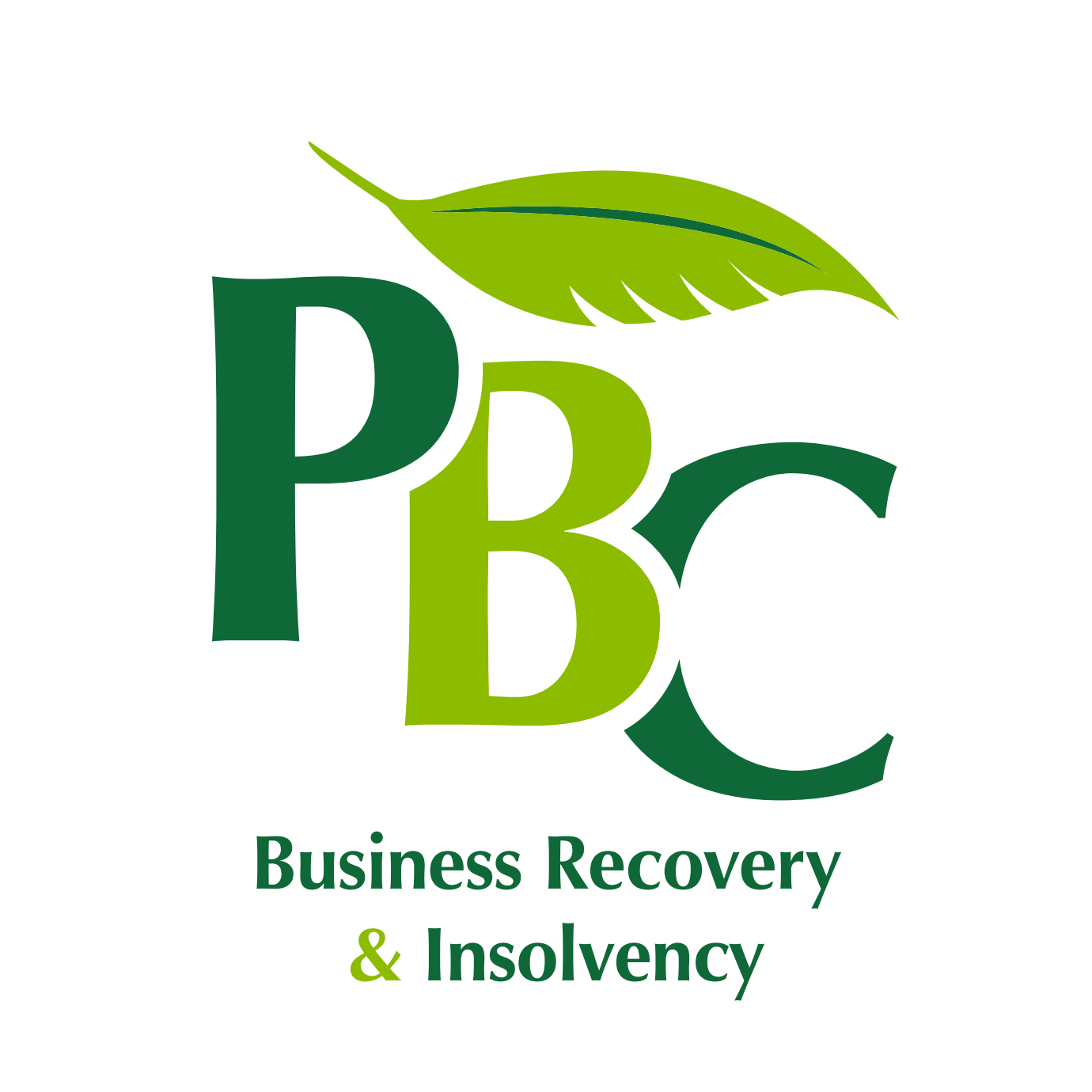What can appear to be straightforward is sometimes never the case as demonstrated by the numerous questions we get from Directors in respect of their statutory duties. This was recently highlighted on a seminar hosted by Gary Pettit where many questions were raised following a short presentation.
All too often directors can find themselves getting embroiled in the emotion of the situation, particularly where there is a dispute within the board of directors with the issues prevailing over their duties.
The court adopt the view you are a director first and foremost, while personal opinions or conflicts of interest are immaterial. This has recently been demonstrated in the High Court decision of Jacob Beake and Paul David Allen (Acting As the Joint Administrators of London South West SW Limited) and – (1) Jamie Richard Chapman and (2) Bodman House Management Ltd [2023] EWHC 1986 (Ch).
In this case, the director refused to sign a lease to a property, jeopardising the sale. It is understood the director tried to use his refusal to sign as leverage against a personal dispute with the administrators of a connected company. The court took the view this refusal was a breach of duty and was interfering with the duties of an administrator. As a result, the director was ordered to sign the lease and costs were awarded against the director.
This decision should act, as yet another warning to directors who choose to put their personal issues before their statutory duties, particularly if it results in the interference of the duties carried out by an office holder. It also serves as a warning for those directors who are embroiled in a management dispute whereby, if you fail in meeting your statutory duties then you must be prepared to face the consequences.
If you require any advice or assistance on any insolvency-related issue, then please contact PBC Business Recovery & Insolvency to discuss your situation on 01604 212150 (Northampton), 01908 488653 (Milton Keynes) or email to enquiries@pbcbusinessrecovery.co.uk. Alternatively, visit www.pbcbusinessrecovery.co.uk for further information.







